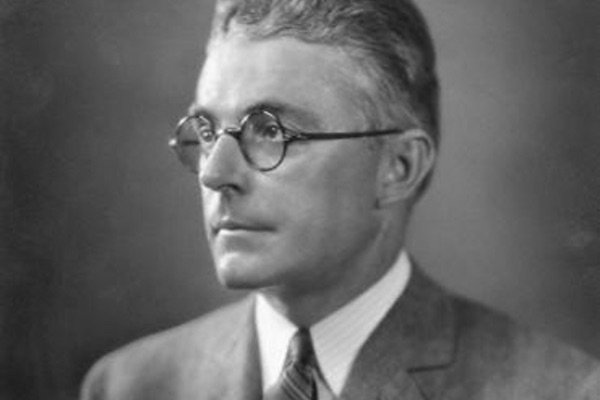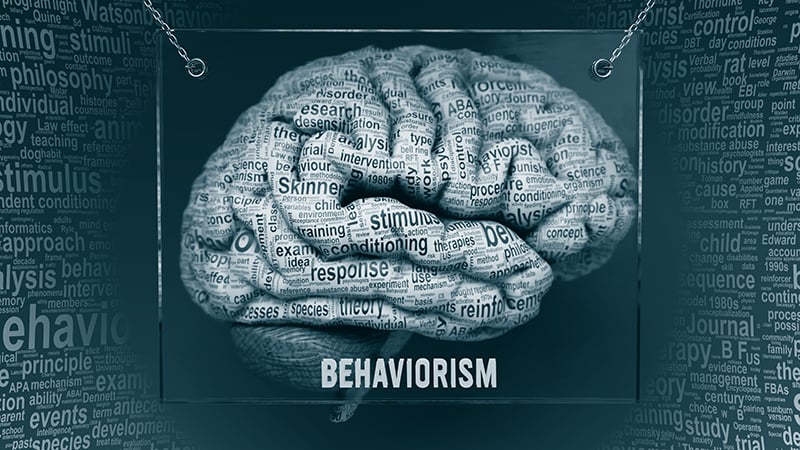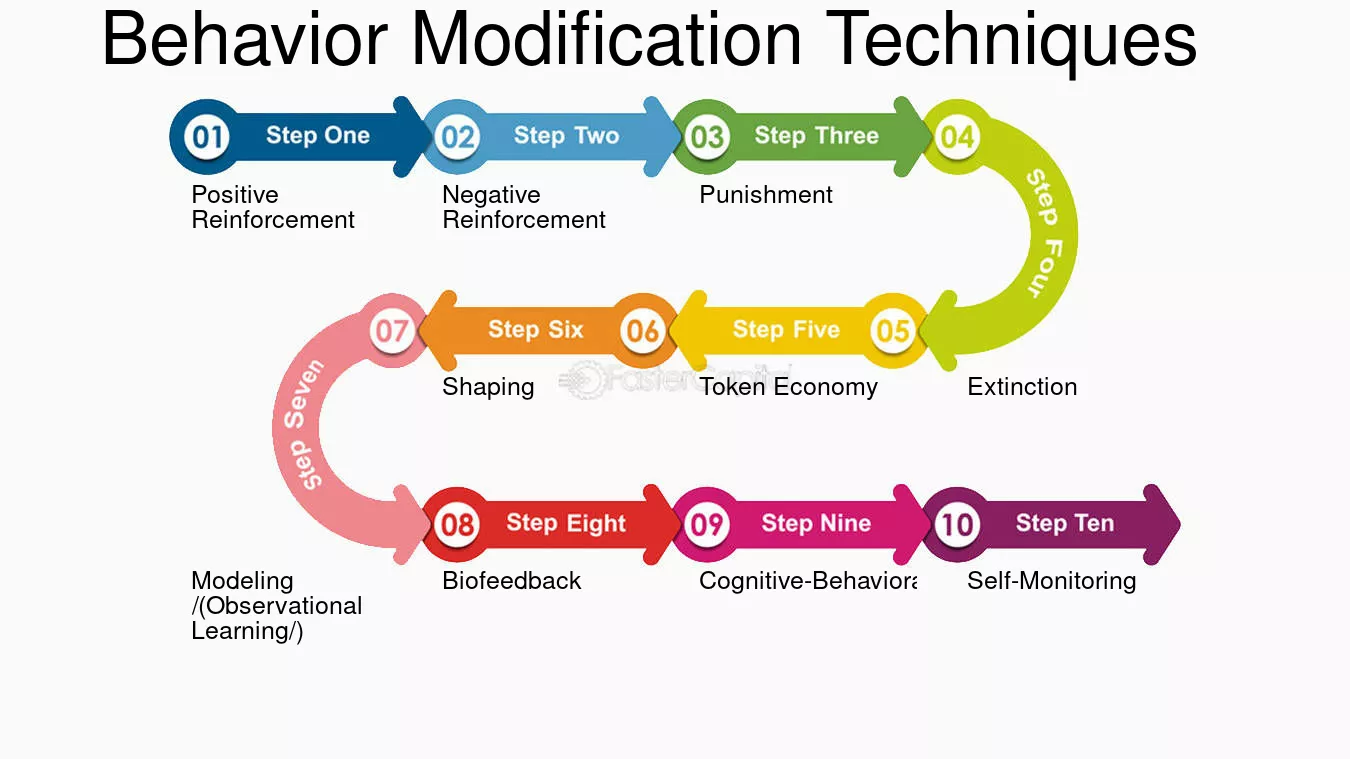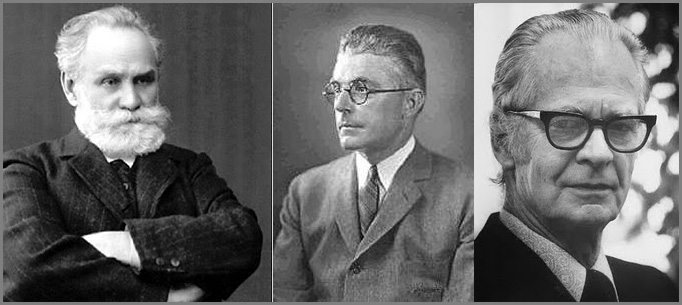Contents
Introduction
John B. Watson was an American psychologist who played a pivotal role in the development of behaviorism, a school of thought that emphasizes the study of observable behavior over internal mental states. Watson’s work laid the foundation for modern behavioral psychology and significantly influenced various fields, including psychology, education, and advertising. His experiments and theories on behavior have had a lasting impact on how we understand and shape human actions.

In this article, we will discuss Watson’s pivotal contributions to the development of behaviorism, exploring his emphasis on observable behavior, key experiments, and lasting impact on psychology, education, and advertising. We will delve into his theories and their influence on modern behavioral practices.
Early Life and Education
John Broadus Watson was born on January 9, 1878, in Travelers Rest, South Carolina. He grew up in a rural environment, facing significant hardships, including the abandonment by his father when Watson was thirteen. Raised by his devoutly religious mother, Watson’s early life was marked by strict discipline and a strong emphasis on education. Despite the challenges, he was an inquisitive and ambitious child, determined to rise above his circumstances.
Image Source: firstdiscoverers.co.uk

Educational Journey
| Aspect | Details |
| Early Education | Watson attended Furman University, where he earned a master’s degree at the age of 21, focusing on philosophy, mathematics, and Latin. |
| University of Chicago | Watson pursued graduate studies in psychology at the University of Chicago, earning his Ph.D. in 1903 with a dissertation on the relationship between brain myelination and learning ability. |
| Academic Career | After completing his doctorate, Watson joined the faculty at the University of Chicago, where he began his influential research on animal behavior. |
| Johns Hopkins University | In 1908, Watson moved to Johns Hopkins University, where he continued his research and eventually became a prominent figure in the development of behaviorism. |
Timeline of Early Influences
| Aspect | Details |
| Ivan Pavlov | Pavlov’s work on classical conditioning significantly influenced Watson’s thinking on behavior and learning. |
| William James | James’ principles of psychology provided a foundation for Watson’s early studies and his shift towards behaviorism. |
| John Dewey | Dewey’s emphasis on the practical application of psychological principles influenced Watson’s approach to research and education. |
| Edward Thorndike | Thorndike’s work on animal learning and the law of effect shaped Watson’s experimental methods and theoretical perspectives. |
Major Theories and Works

Behaviorism
John B. Watson is best known for founding behaviorism, a school of thought that focuses on the study of observable behaviors rather than internal mental states. Key elements include:
- Observable Behavior: Behaviorism asserts that psychology should focus on behaviors that can be seen and measured, rather than on thoughts or emotions.
- Conditioning: The theory posits that all behaviors are acquired through conditioning, where environmental stimuli lead to learned responses.
- Environmental Influence: Behaviorists believe that behavior is shaped by environmental factors and that changes in the environment can alter behavior.
- Rejection of Introspection: Watson and other behaviorists rejected introspection, arguing that psychology should be objective and based on observable data.
Image Source: phoenix.edu

The Little Albert Experiment
The Little Albert Experiment, conducted by John B. Watson and Rosalie Rayner in 1920, is one of the most famous studies in behaviorism. Key elements include:
- Conditioned Fear: The experiment demonstrated that fear could be conditioned in humans. Little Albert, an infant, was conditioned to fear a white rat by pairing the rat with a loud, frightening noise.
- Generalization: Albert’s fear extended to other similar objects, such as a rabbit, a fur coat, and even a Santa Claus mask, illustrating the concept of stimulus generalization.
- Impact on Behaviorism: The study provided empirical evidence supporting the idea that emotional responses can be conditioned, reinforcing behaviorist principles and influencing future research on learning and behavior.
Image Source: shellsandpebbles.com

Advertising and Consumer Psychology
Advertising and consumer psychology, Watson applied his principles of behaviorism to the field of advertising. He worked for the J. Walter Thompson advertising agency, explore how psychological principles influence consumer behavior and decision-making. Key elements include:
- Persuasion Techniques: Advertising often employs persuasion techniques, such as emotional appeals, social proof, and scarcity, to influence consumers’ attitudes and purchasing decisions.
- Behavioral Targeting: Advertisers use behavioral targeting to deliver personalized ads based on consumers’ past behavior, preferences, and online activity, aiming to increase the effectiveness of marketing campaigns.
Image Source: essay.ws

Principles of Learning and Behavior Modification
Behavior modification is based on principles of learning, particularly from behaviorism, focusing on changing behavior through reinforcement, punishment, and conditioning. Key elements include:
- Classical Conditioning: This principle involves associating a neutral stimulus with an unconditioned stimulus to produce a conditioned response. It’s foundational in understanding how behaviors can be learned and unlearned.
- Operant Conditioning: Involves reinforcing or punishing behaviors to increase or decrease their occurrence. Positive and negative reinforcement, along with punishment, are central to shaping behavior.
- Reinforcement Schedules: The timing and frequency of reinforcement (fixed, variable, interval, or ratio schedules) play a critical role in how effectively behaviors are maintained or altered.
Image Source: fastercapital.com
Psychologists Influenced by Watson

- B.F. Skinner – Skinner’s work on operant conditioning and behavior modification built on Watson’s principles of behaviorism, emphasizing reinforcement and punishment (Skinner, 1938).
- Albert Bandura – Bandura’s social learning theory and concepts of observational learning expanded on behaviorist principles by incorporating cognitive factors (Bandura, 1963).
- Edward Tolman – Tolman’s work on purposive behaviorism introduced the idea of cognitive maps, blending behaviorism with cognitive psychology (Tolman, 1948).
- Clark Hull – Hull’s drive reduction theory aimed to explain learning and motivation within a behaviorist framework (Hull, 1943).
- Ivan Pavlov – Although Pavlov’s work on classical conditioning predated Watson’s, Watson popularized and extended Pavlovian principles to human behavior (Pavlov, 1927).
Impact on Psychology
- Influence on Modern Thought: John B. Watson’s ideas have had a profound impact on various fields within psychology, including behavioral psychology, educational psychology, and clinical psychology. His emphasis on observable behavior and the environmental determinants of behavior provided a scientific and objective approach to studying human actions. Watson’s work laid the foundation for the development of behavior modification techniques and applied behavior analysis, influencing therapy, education, and behavior change programs.
- Contributions to Related Fields: Watson’s interdisciplinary approach extended his influence to areas such as advertising, marketing, and consumer psychology. His principles of behaviorism were applied to develop effective advertising strategies that utilized emotional appeals and associative conditioning to influence consumer behavior. Watson’s work in advertising demonstrated the practical applications of psychological principles beyond academic research.
Legacy and Influence
Long-Term Impact
John B. Watson’s legacy endures through his lasting contributions to psychology and related fields. His pioneering work in behaviorism laid the groundwork for numerous subsequent theories and research in behavioral psychology, educational psychology, and applied behavior analysis. Watson’s emphasis on observable behavior and the environmental determinants of behavior continues to influence contemporary research and practice in these fields.
Recognition and Honors
Watson received numerous accolades and recognition for his work during his lifetime and posthumously. He served as president of the American Psychological Association in 1915 and was a prominent figure in the development of behaviorism as a major school of thought. Despite the controversies surrounding some of his methods and views, Watson’s contributions to psychology have been commemorated through various awards, lectureships, and honors, reflecting his significant impact on the field.
Criticism and Controversies
While John B. Watson has garnered significant recognition for his contributions to psychology, his work has not been without criticism. Some argue that his focus on observable behavior and environmental stimuli overlooks the complexity of human cognition and emotion. The ethical implications of the Little Albert experiment are also a significant point of contention, as the study involved inducing fear in a young child without proper consent or debriefing. Additionally, Watson’s rigid application of behaviorist principles to parenting and education has been criticized for neglecting the complexity of human emotions and cognitive processes. Despite these criticisms, Watson’s pioneering research on behaviorism remains a cornerstone of modern psychology.
Conclusion
John B. Watson’s life and work have profoundly shaped the fields of psychology and education. His theories on behaviorism, the Little Albert experiment, and principles of learning and behavior modification offer valuable insights into human behavior and learning processes. By emphasizing the importance of observable behavior and environmental determinants, Watson has provided a comprehensive framework for understanding and influencing human actions. As his legacy continues to unfold, Watson’s contributions to psychology and related fields will likely inspire future generations of researchers, educators, and practitioners.
Bibliography
- [1] Bandura, A. (1963). Social Learning and Personality Development. New York: Holt, Rinehart & Winston.
- [2] Hull, C. L. (1943). Principles of Behavior: An Introduction to Behavior Theory. New York: Appleton-Century.
- [3] Pavlov, I. P. (1927). Conditioned Reflexes: An Investigation of the Physiological Activity of the Cerebral Cortex. London: Oxford University Press.
- [4] Skinner, B. F. (1938). The Behavior of Organisms: An Experimental Analysis. New York: Appleton-Century.
- [5] Tolman, E. C. (1948). Cognitive maps in rats and men. Psychological Review, 55(4), 189-208.
- [6] Watson, J. B. (1913). Psychology as the behaviorist views it. Psychological Review, 20(2), 158-177.
- [7] Watson, J. B. (1914). Behavior: An Introduction to Comparative Psychology. New York: Holt.
- [8] Watson, J. B. (1924). Behaviorism. New York: Norton.
- [9] Watson, J. B., & Rayner, R. (1920). Conditioned emotional reactions. Journal of Experimental Psychology, 3(1), 1-14.
- [10] Watson, J. B. (1928). Psychological Care of Infant and Child. New York: Norton.






